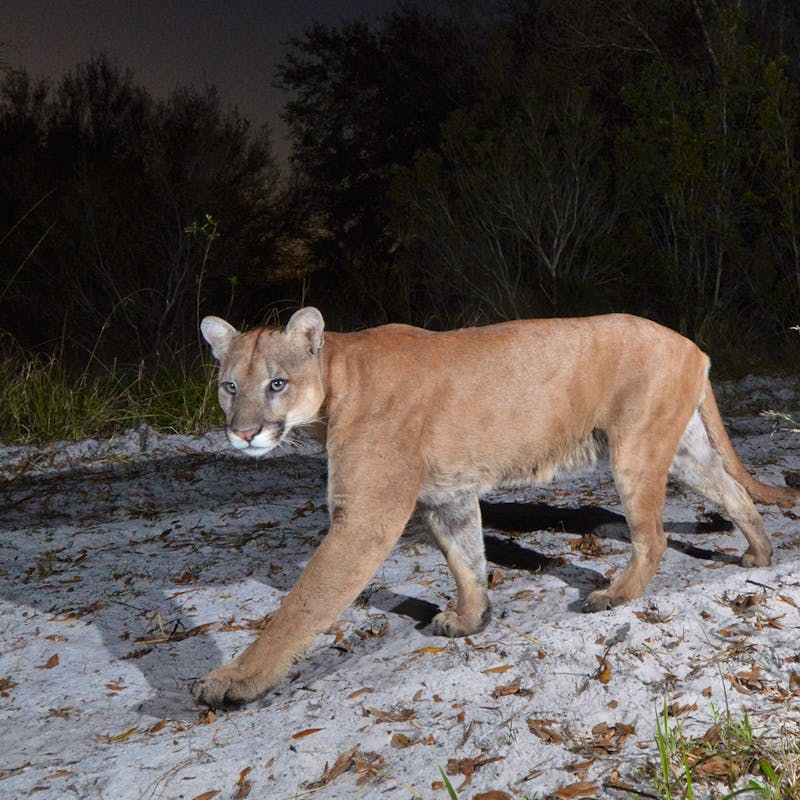 Thousands of birds faced a special threat this year: wetlands habitats damaged by the massive Deepwater Horizon oil disaster in the Gulf of Mexico.
Thousands of birds faced a special threat this year: wetlands habitats damaged by the massive Deepwater Horizon oil disaster in the Gulf of Mexico.
But thanks to local landowners, many migratory birds may have dodged disaster. Early this summer, the Obama administration set up an initiative to urge landowners to create additional habitat for these birds by flooding fields and croplands. The goal was to get enough landowners involved to total 150,000 acres of flooded and fallowed lands. Gulf Coast landowners and others along important migratory “flyways” responded to the call, cobbling together an area more than three times the size of the initial goal!
The response to the crisis was unprecedented, but so was the BP oil spill and the havoc it caused to the environment.
The initiative, created by the USDA’s Natural Resources Conservation Service, was launched on June 28, 2010 as an effort to lessen the chances that migrating birds would cross paths with oil, according to a Delta Farm Press report, giving birds cleaner places to rest and safer, uncontaminated food to eat.
“Private landowners play a critically important role in protecting wildlife every single day,” USDA Secretary Tom Vilsack said in an October statement. “And I am proud that so many landowners in these eight states stepped up to be a part of this unprecedented effort to increase migratory bird habitat and protect wildlife from any lingering effects from the oil spill.”
“The outpouring of support for this effort far exceeded our expectations, and it will have an impact on countless migratory bird populations for years to come,” he said.
An Unprecedented Effort
The response to the crisis was unprecedented, but so was the BP oil spill and the havoc it caused to the environment. The worst in American history, the Deepwater Horizon spill affected at least 650 miles of Gulf Coast shoreline, including more than 380 miles in Louisiana, 110 miles in Mississippi, 75 miles in Alabama and 90 miles in Florida. But only with time, will the full impacts of the spill on Gulf Coast fisheries and Gulf of Mexico ecosystems come to light.
What’s Next for Migratory Birds…
As climate change alters or destroys habitats, bird migration – a miracle of nature – is itself at risk. In addition to the short-term goals that cover this year’s migration season, this Gulf Coast initiative has long-term objectives as well. With luck, future migrating birds will find also refuge on the land of these nature-loving landowners.
Check out more of our coverage on the BP oil disaster.
Find out what you can do to help wildlife impacted by the Gulf disaster.



